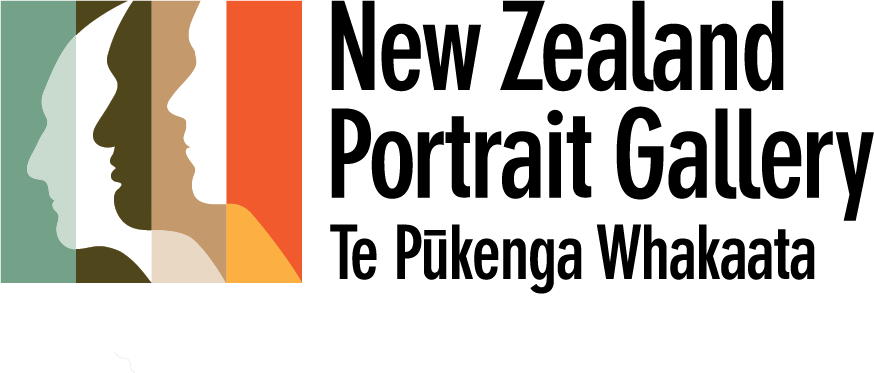Filmmakers approach history in many ways - feature film, and short film formats of various kinds, fiction and non-fiction. All must deal with the fact that they are telling stories that concern real people and real histories, even if sometimes in fictional form. What are their responsibilities to those people and their descendants? to audiences who want to know about the past? They must decide to focus on some aspects of the past rather than others, and create a narrative out of entangled, often messy and/or contested events. What do they prioritise? What pasts do they choose to show, or not? Through whose eyes do they view the past? What dilemmas and difficulties confront them as they bring their stories to screen?
Chair:
Paul Diamond (Ngāti Hauā, Te Rārawa, Ngāpuhi) is a curator, broadcaster, and historian, author of books on Māori leaders, Makereti, and the history of Māori and cartooning. He is currently Curator (Māori) at the Alexander Turnbull Library.
Panel:
Tainui Stephens (Te Rārawa, Ngāti Moetonga) has played key roles in bringing Aotearoa's histories to the screen. He directed The New Zealand Wars (1998), and The Prophets (2013), and was a producer for River Queen (2005) and Rain of the Children (2008). He also brought stories of the New Zealand Wars to Māori Television's Anzac Day broadcasts. Most recently, he produced the acclaimed feature Whina (2022).
Arini Loader (Ngāti Raukawa, Ngāti Whakaue, Te Whānau-a-Apanui) is a lecturer in history at Te Herenga Waka Victoria University of Wellington. Her research is on New Zealand history.
Mike Ross (Ngāti Hauā) is a lecturer in Te Kawa a Māui at Te Herenga Waka Victoria University of Wellington. His research is in Māori community development.
Arini and Mike undertook research on a collection of waiata, karakia, whakataukī and kōrero which were recorded by Māori taken captive after the Battle of Rangiriri in 1863. They made the film E Whiti E Te Raa: Shine (2019), a work which brought one of the waiata from this collection back to life in the voices of young people from Ngāti Hauā.
Vincent O'Malley has written a number of books and articles on New Zealand history, and especially the New Zealand Wars (including The Great War for New Zealand: Waikato 1800-2000, and Voices from the New Zealand Wars/He Reo nō ngā Pakanga o Aotearoa). He has contributed to several small-screen documentaries relating to the Wars, including Kiingitanga: The Untold Story (2016) and more recently, RNZ's ongoing Stories series which takes up the stories of different rohe each year.
Annabel Cooper retired from the University of Otago Te Whare Wānanga o Ōtākau in 2021. She has published on various aspects of Aotearoa's cultural history, including on colonial culture, media and gender. Her book Filming the Colonial Past: The New Zealand Wars on Screen (2018) was the departure point for the exhibition He Riri Awatea.
This event is located in The Gallery.
Free entry
Thanks to the Centre for Research on Colonial Culture, University of Otago, for supporting this panel.
